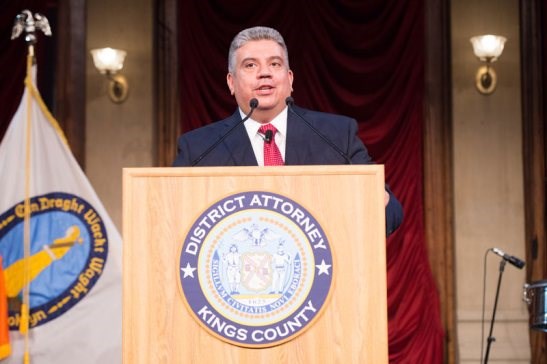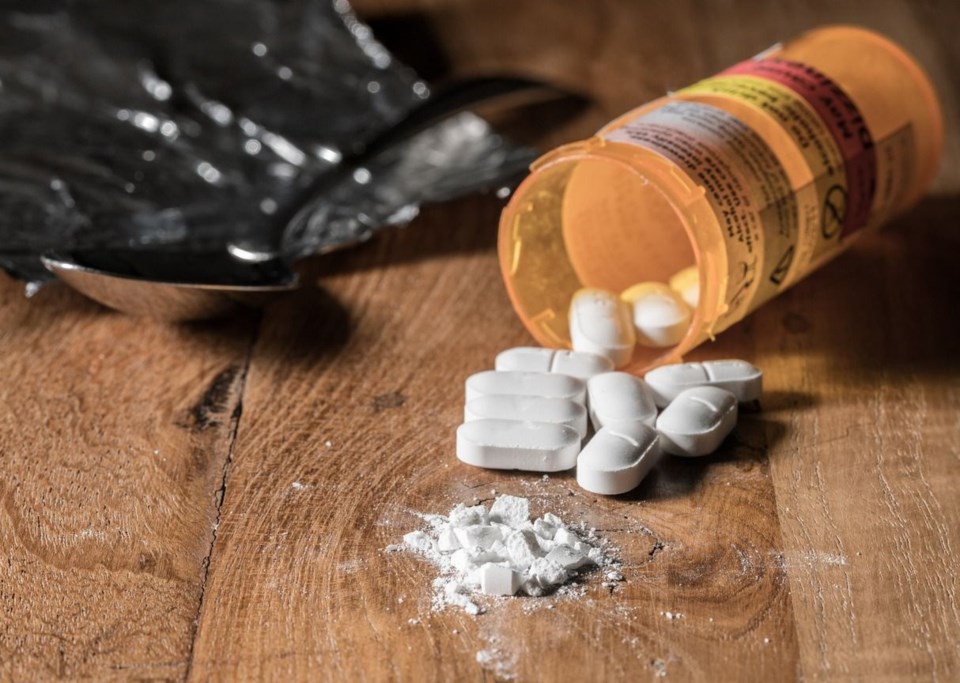There were 251 overdose fatalities in Brooklyn during 2017, according to NYPD data; over 700 people annually are expected to be eligible for Project CLEAR during its pilot phase.

Brooklyn District Attorney Eric Gonzalez announced yesterday the launch of Project CLEAR (Collaborative Legal Engagement Assistance Response), an initiative that will give individuals arrested on low-level drug offenses the opportunity to resolve their cases by receiving treatment rather than appearing in court - if they comply with assessment-based recommendations.
"In the face of a growing opioid epidemic, we must look for new ways to assist those who are drug dependent. Often, prosecuting individuals who are arrested with small amounts of narcotics, used to feed their habits, does little to help them," said Gonzalez. "By offering tools that aid in treating their addiction and could prevent a potential overdose, Project CLEAR can save lives and send people on the road to recovery."
There were 251 overdose fatalities in Brooklyn during 2017, according to NYPD data. Based on last year's arrest numbers, over 700 people annually will be eligible for Project CLEAR during its pilot phase.
"We have a moral responsibility to help those whose lives have been impacted by the ravages of drug abuse," said Councilmember Mathieu Eugene. "This program will provide much-needed mentorship and a path towards redemption for individuals who face imprisonment, while also creating safer and more welcoming neighborhoods for our families."
Those deemed eligible by the NYPD to participate in Project CLEAR will get a desk appearance ticket, which usually requires them to go to court. Under the new initiative, they can now opt for receiving treatment and instruction on how to use the overdose antidote naloxone from a peer recovery coach. If they start meaningfully working on treatment, prosecutors will drop the charges and seal the arrest. If individuals choose not take part in Project CLEAR, the prosecution continues its usual course.
Project CLEAR, which is modeled after the HOPE program that was successfully implemented in Staten Island, was launched last month as a pilot in six Brooklyn precincts that experience high overdose rates: the 60th Precinct (Coney Island), 61st Precinct (Sheepshead Bay), 62nd Precinct (Bensonhurst, Gravesend), 68th Precinct (Dyker Heights, Bay Ridge), 71st Precinct (Prospect -Lefferts Gardens, Crown Heights) and 72nd Precinct (Sunset Park).




